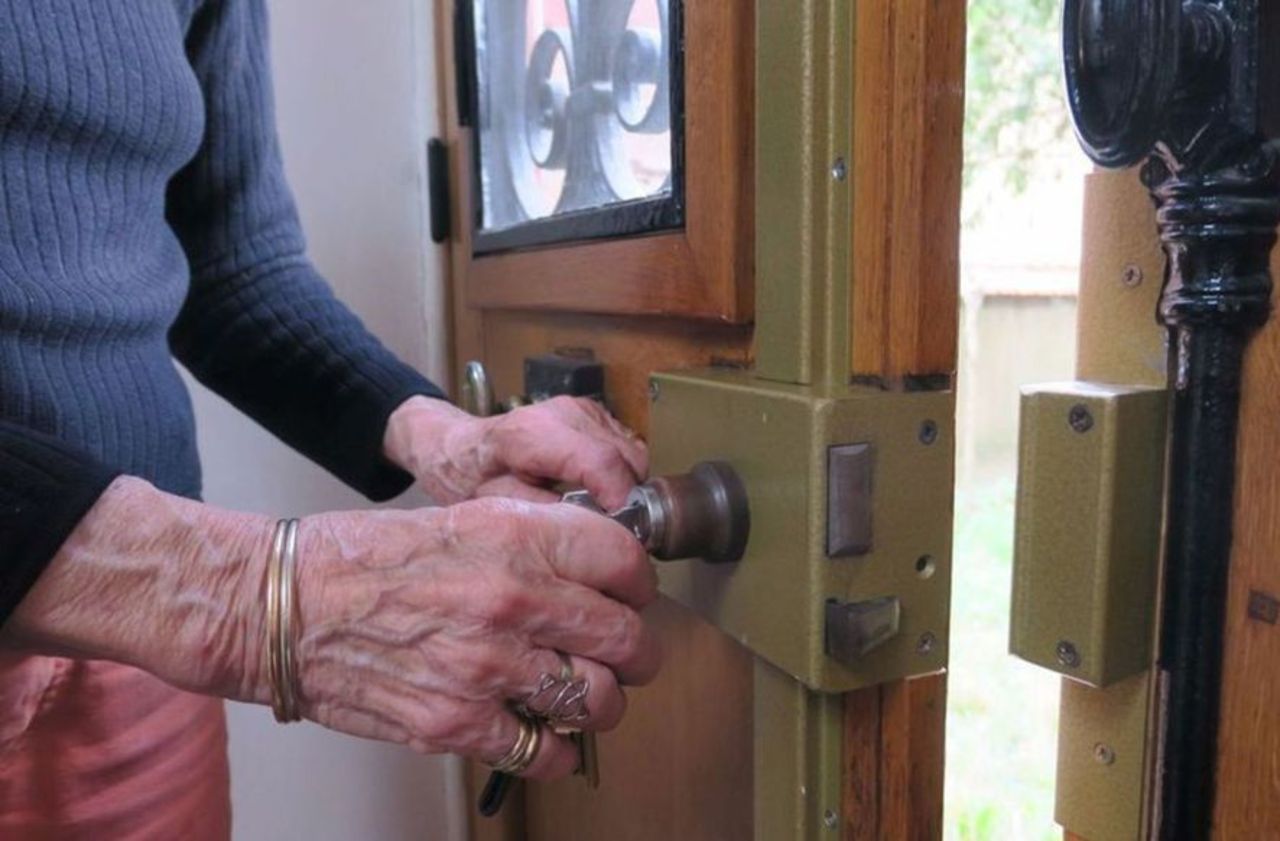In the heart of summer, the misadventure of Henri Kaloustian, a septuagenarian from Lyon who was prevented from accessing his secondary residence in the Var for three weeks, occupied by a family of strangers, was widely commented on.
A news item which thus recalls that the "law is not clear", by the admission of the Secretary of State for Housing Emmanuel Wargon on BFMTV: the owners of squatted houses, secondary or not, often have to wait until 'there is no legal decision to settle the dispute with the unwanted occupants.
With the risk, for the despoiled owner, that time sometimes stretches over several months.
In the case of Maryvonne Thamin, an octogenarian whose house in Rennes had been occupied by fifteen squatters in 2015, the outcome, for example, only came after… 18 months of waiting.
Avoiding the use of a judge
In order to accelerate these deadlines, the parliamentarians were inspired by the story of Henri Kaloustian to model an amendment, adopted Wednesday in a special committee with the favorable opinion of the government.
It plans to amend the Dalo law of 2007, allowing second homes or homes occupied occasionally to be considered as a home.
Thus, when the occupancy of the accommodation is uncovered, the same law - very little applied until now - will apply for these holiday residences: the owner will have the possibility to contact the prefect, who, in 48 hours maximum, will have to give him an answer, putting the squatters on notice to leave the premises urgently.
VIDEO. How to dislodge squatters and recover their property?
To date, the forced evacuation procedure that exists requires strict conditions: it is necessary that the owner lodge a complaint within 48 hours of arrival in the accommodation and that proof be provided that it is indeed his.
However, it is not uncommon for all of the documents proving it to have remained inside and for the presence to be established after this period.
Newsletter - Most of the news
Every morning, the news seen by Le Parisien
I'm registering
Your email address is collected by Le Parisien to enable you to receive our news and commercial offers.
Learn more
There is also another procedure, which allows for the eviction of squatters.
After a bailiff's report, if at least one of the occupants has been identified, the owner must seize a judge by summary procedure, who will order the eviction.
They then have a month to leave the premises, before resorting to the police, but can use several legal levers to make their presence last.
"We call the police and we take them out, period"
It was through this referral that Francine, a 76-year-old resident of Neuilly-Plaisance, in Seine-Saint-Denis, was finally able to see the group of people who had taken up residence in her house during the summer leave. was to join when he was released from the hospital.
It took a little over two months for the handful of thirty-something present to be called upon by the courts to leave the premises.
What they did at the beginning of September, not, according to the son of the victim, without having emptied the house of its furniture.
The back of Francine's house, the door of which was opened by squatters, according to her son.
DR
“We need a much tougher law.
It does not take 24 hours or 48 hours to get a response from the prefect, blows the fifties.
When people have returned without an invitation, we call the police, to whom we give more resources and we take them out, period.
I think the prefects already have a bunch of files to manage on their desks.
"
In the case of her mother, Francine, it is an associative group that took possession of her house in mid-June, by taking steps at the prefecture to declare it as a place of residence.
Its members, who assured the audience to have entered by "pushing the door" - "while there were plenty of signs of break-ins", assures the son - organized festive events, such as "lotos". bingos ”, which the family of the retired, distraught, could follow according to the photos posted on Facebook.
"We don't know if she's going to want to come back home"
After a complaint from Francine's daughter on June 28 for trespassing, a hearing was held on July 28.
In her order, the judge asked for the eviction of the squatters, who, luckily for the family, did not initiate an appeal.
The damage remains significant: Francine, who had to live for two months in her old house, kindly loaned by the new owners, is "completely disturbed and her condition has deteriorated", according to her son.
"We do not know if she will want to return to the house, because she is afraid", he is indignant, also insisting on the 6000 euros of advanced legal proceedings and the vanished furniture, for which he requested compensation from the squatters.
READ ALSO>
His house in Montreuil squatted during confinement, Christian finds himself homeless
If in the case of the retiree from Neuilly-Plaisance, things went relatively quickly, for the Hamon siblings, in Ille-et-Vilaine, it took nearly nine months for the family who illegally occupied their house to leave. places last year.
The proposed new amendment should not be a game-changer, since, according to the son, legal proceedings have been delayed due to the vacancy of the house.
"No one has ever come to see how the squatters lived, but the judges agreed with them since the house was not inhabited", regretted to Ouest-France the heir, once the places were deserted.
What about empty housing?
It turns out to be easier to occupy a home that we know has been abandoned, at least temporarily, by its owner, which removes the urgency of the case and removes certain possibilities for appeal.
Among the latest cases identified, most concerned residences whose owners, like Francine, were hospitalized, or had integrated an nursing home.
The problem is currently in Saint-Honoré-les-Bains, in the Nièvre.
In mid-August, the house of an octogenarian under curatorship and living in a retirement home was taken over by three people.
His son, who only got wind of the situation at the end of the month, once the legal 48 hours had passed, was unable to dislodge them.
He, according to the Journal du Center, filed a complaint last weekend against these unwanted tenants.
But the latter think of themselves in their right.
On a video posted on social networks, we can see the squatters hammering that they will not be able to be evicted easily.
“I would be in the shoes of the people, I would not agree.
But the problem is, I know the law.
I know she's like that, ”cries out, bluster, the man, from the dining room.
While his companion abounds: “We are waiting for the gendarmes, and the French law.
"
It was without counting on the decision of the prefect, who after having checked "that all the conditions (are) met to answer this procedure", according to his declarations reported by Le Journal du Center, decided to put the occupants in default. this Friday, as the law allows, so that they leave the premises within 24 hours.
This implies that the house is considered a principal residence.
"Things will develop very favorably within 48 or 72 hours," confirms the Parisian town hall of Saint-Honoré-les-Bains.
This would be the first time that this provision of the Dalo law has been applied in the department, even before the amendment broadening the criteria is introduced.






/cloudfront-eu-central-1.images.arcpublishing.com/prisa/ZRLOH32ENCW263BU2E35WQOSNA.jpg)
/cloudfront-eu-central-1.images.arcpublishing.com/prisa/WUCXWHEPKJC7JAJRHMRCYW3N5Q.jpg)

